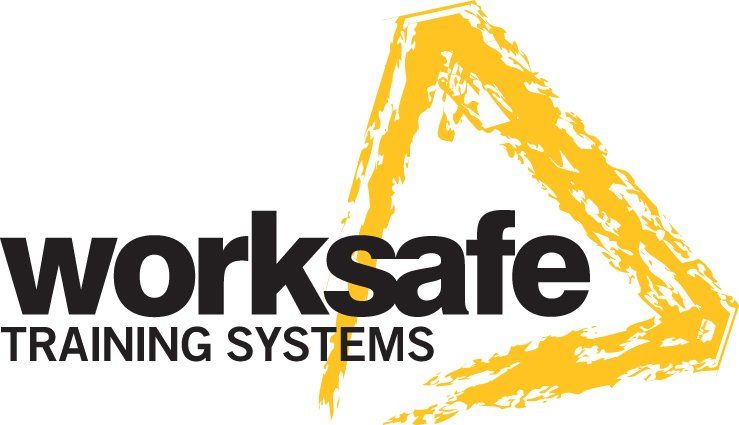Empowering Care Workers: Essential Tips for Caring for Individuals with Dementia

Today we are going to be sharing our training focus this month, with our Training and Development Lead Jeannette.
As a care
worker, caring for individuals living with dementia can be both challenging and
rewarding. Understanding the condition and providing the right support are
crucial aspects of delivering quality care. In this blog, we will explore some
essential training tips that will help you provide the best care possible for
those with dementia.
1. Develop Comprehensive Understanding of the Different Dementia Types
Dementia encompasses various conditions, each with its unique challenges. Take the time to understand the most common types of dementia and their associated symptoms:
Alzheimer's Disease: Trouble recognizing people, communication difficulties, and impulsive behaviour.
Frontotemporal Dementia: Excessive emotions, shaky hands, and problems with balance.
Lewy Body Dementia: Inability to concentrate, muscle rigidity, and reduced facial expressions.
Vascular Dementia: Hallucinations or delusions, misplacing items, and poor judgment.
By understanding these conditions, you can better tailor your care approach to meet the individual's specific needs.
2. Top ways to tailor your care approach:
Simplify the Environment!
Creating a safe and easy-to-navigate environment is essential in dementia care. Here are three simple steps to simplify the home:
Remove Potential Hazards: Eliminate objects that can cause confusion or stress, particularly in hallways, to reduce the risk of falls and accidents.
Maintain a Clean and Comfortable Environment: A tidy and clutter-free home can help the individual feel more at ease, enabling them to remain sociable and inviting to friends.
Use Labels and Post-Its: Assist the individual in finding things and remembering appointments by strategically placing labels and post-it notes around the house.
A simplified environment can significantly reduce confusion and enhance the overall well-being of the person you are caring for.
3. Utilising communication skills
Communicating with individuals with dementia requires patience,
empathy, and understanding. Follow these communication tips to enhance your communication skills:
Speak Calmly and Reassuringly: A soothing tone can help them feel more at ease during conversations.
Use Clear Language: Keep your language simple and straightforward to avoid confusion.
Utilize Physical Prompts: Incorporate gestures and visual cues to aid communication.
Maintain Eye Contact: Eye contact fosters connection and makes them feel valued.
Remember, effective communication is key to establishing trust and rapport with the individual!
4. Encourage Meaningful Activities
Engaging in activities that align with the person's interests can improve their overall well-being and provide a sense of purpose. Here are some activities that provide visual stimulation:
Painting: Artistic activities can be incredibly therapeutic and enjoyable.
Gardening: Tending to plants can be a calming and rewarding experience.
Completing Jigsaw Puzzles: Puzzles can stimulate the mind and enhance cognitive abilities.
Playing Board Games: Simple board games can encourage social interaction and fun.
Activities play a vital role in the treatment and care of individuals with dementia, so ensure you incorporate them into the daily routine.
Thank you for reading and we look forward to next month!
Latest News from Manor Community
Manor Community Blog




























